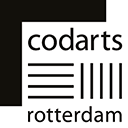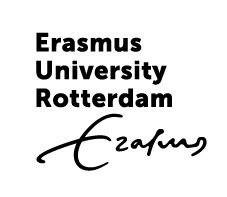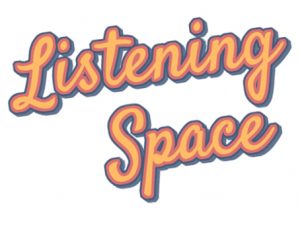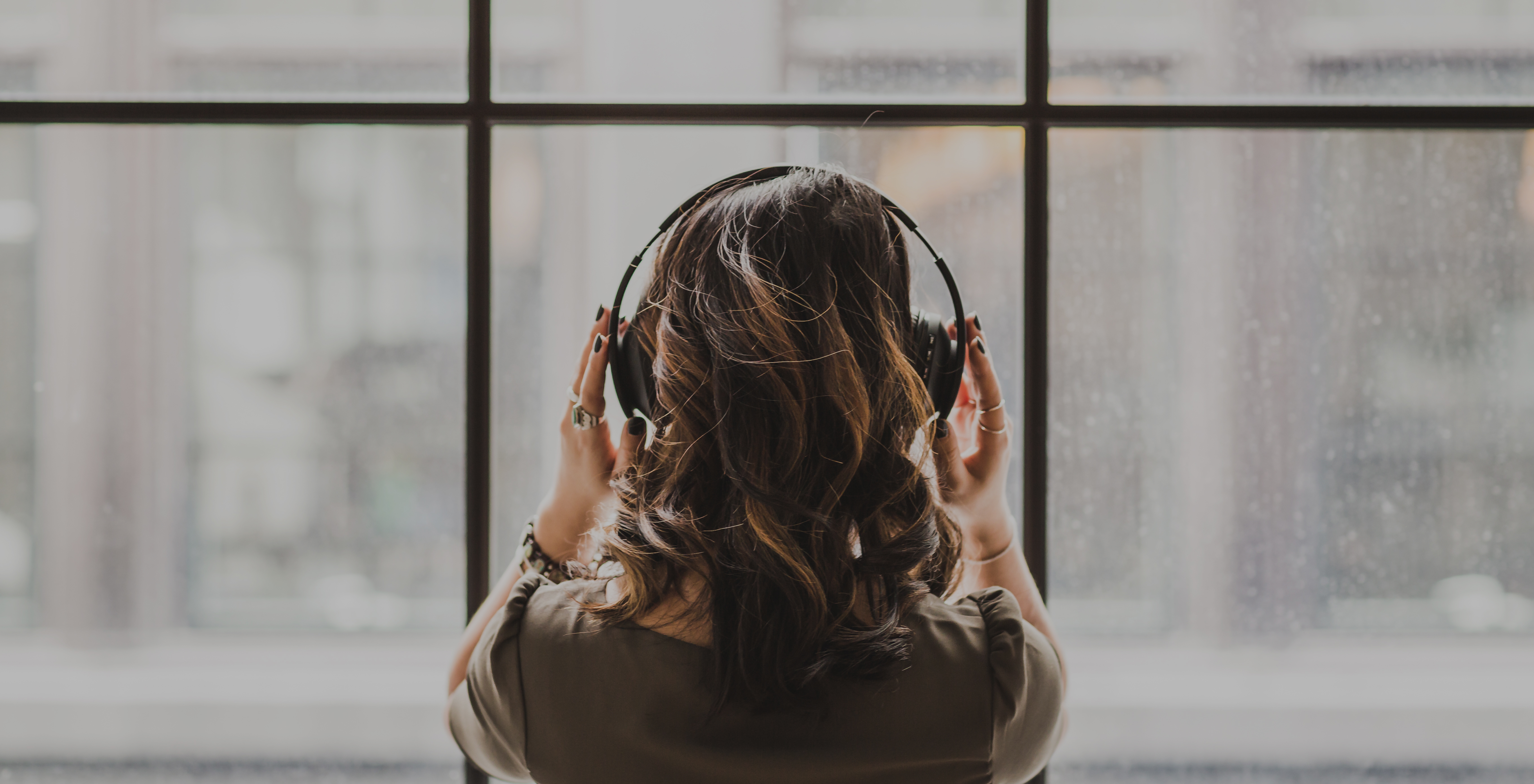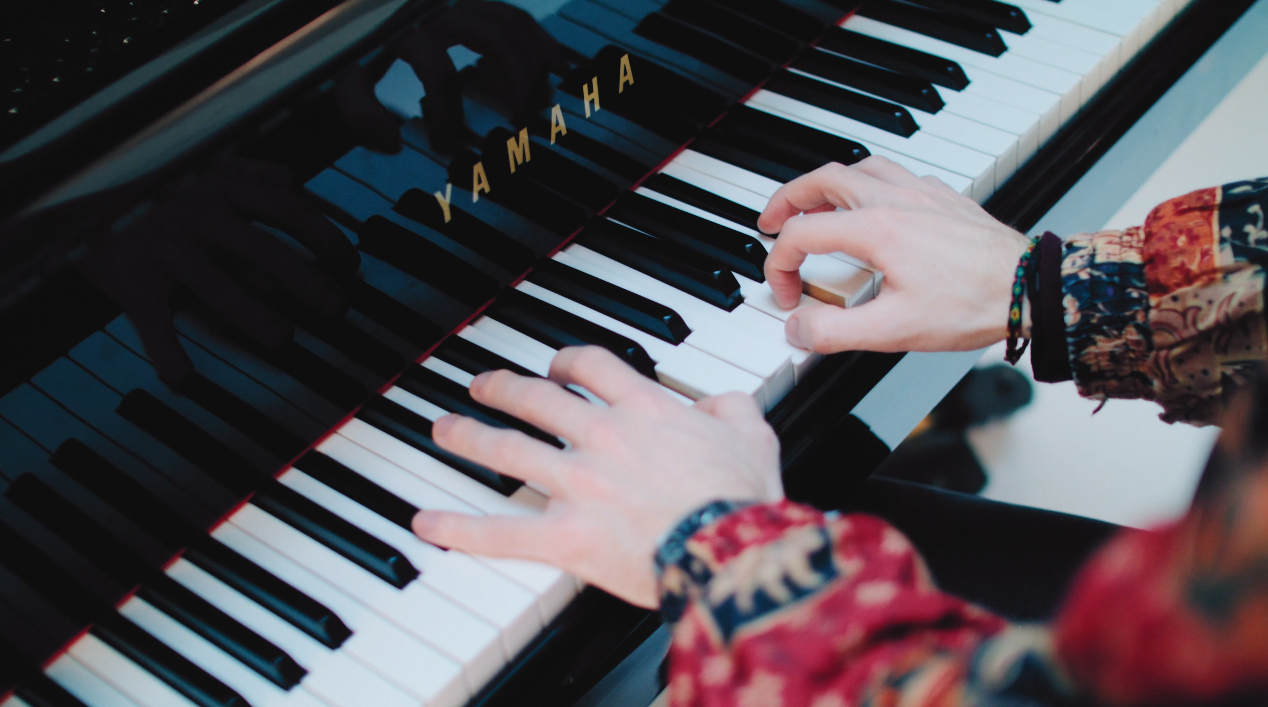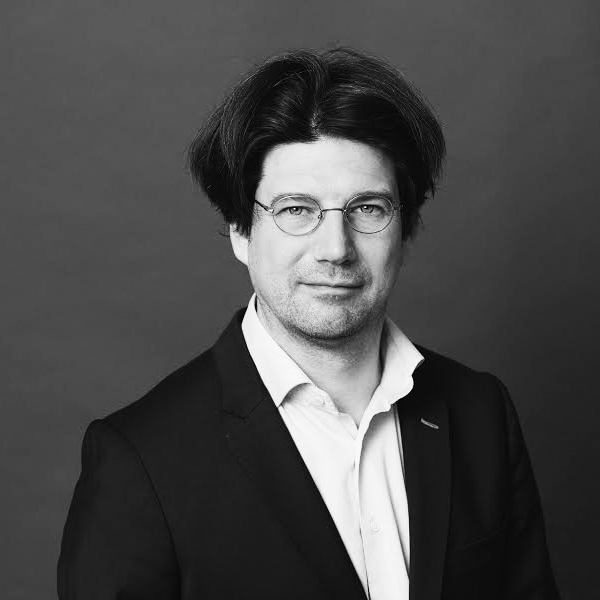Florian Cramer (*1969), Dr. phil., reader (lector) in 21st Century Visual Culture at Creating 010 Research Center & Willem de Kooning Academy, Hogeschool Rotterdam; publications include ‘Exe.cut(up)able statements’ (Wilhelm Fink, 2011), ‘Anti-Media’ (NAi010, 2013) and ‘What Is Post-Digital’ (in: New Media, Old Media: A History and Theory Reader, edited by Wendy Hui Kyong Chun et al., 2nd edition, Routledge, 2015, p. 689-702.) Florian also serves as an advisor Digital Culture for Stimuleringsfonds Creatieve Industrie and as a board member for De Player, a Rotterdam-based venue and publisher for audio and performance art, and Herman, a Rotterdam-based venue for underground music.
Education and previous work:
– Studied Comparative Literature, Art History and Philosophy in Berlin, Konstanz and Amherst/Massachusetts; M.A. (Freie Universität Berlin) 1997
– 1998-2004 Lecturer in Comparative Literature, Peter-Szondi-Institut, Freie Universität Berlin
– 2004 Research Fellow at Piet Zwart Institute, Willem de Kooning Academy Rotterdam
– 2006-2010 Course director Master Media Design, Piet Zwart Institute, Willem de Kooning Academy Rotterdam
– since 2012: lector (reader)
https://www.hogeschoolrotterdam.nl/onderzoek/lectoren/creating-010/lectoren/dr.-florian-cramer/



